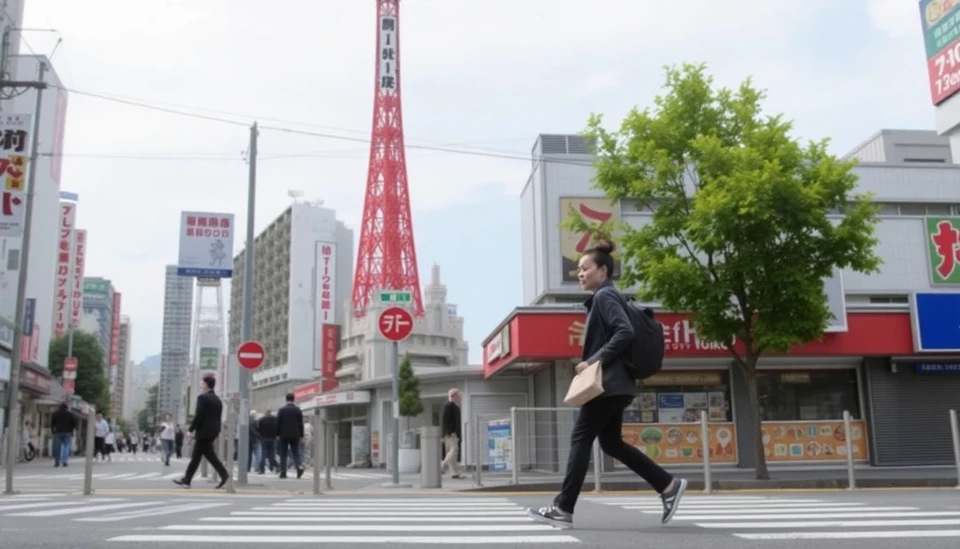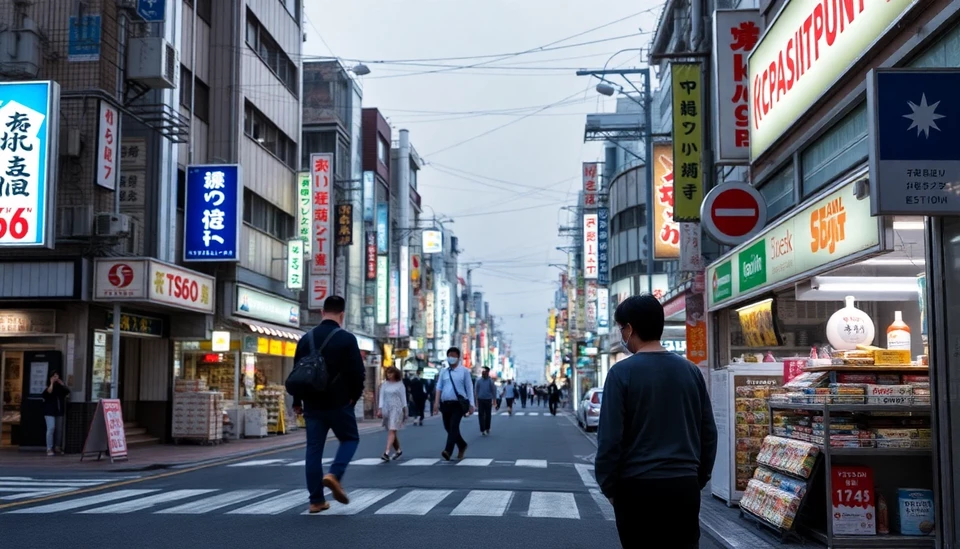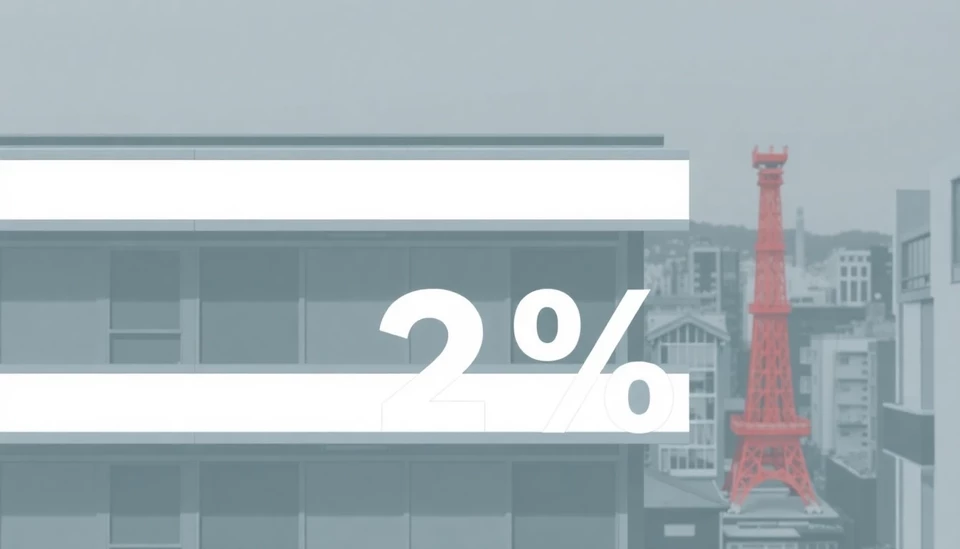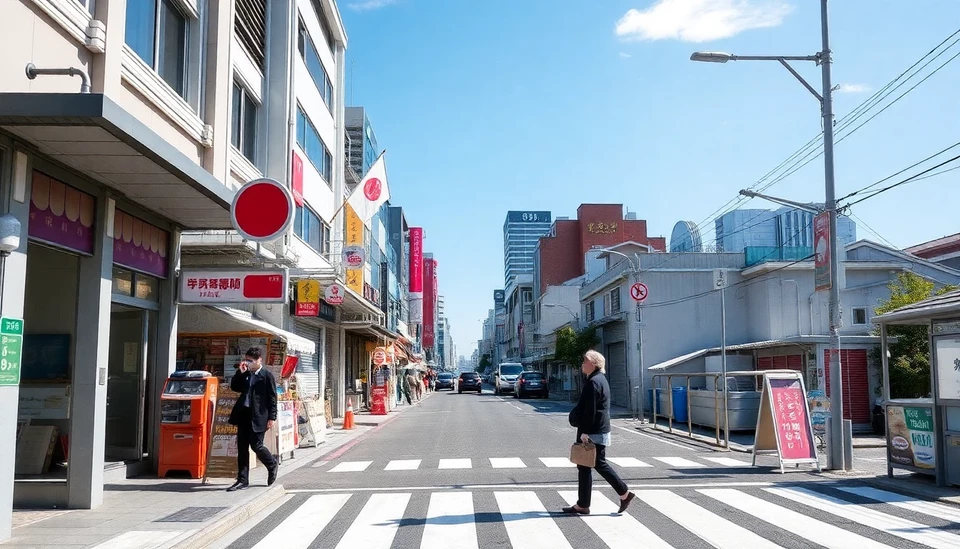
In a significant turn of events for Japan's economy, Tokyo is witnessing a surge in inflation rates as the government phases out its financial subsidies that had previously kept prices in check. This shift marks a pivotal moment not only for the capital but for the entire nation, stirring concerns about the economic implications and the everyday lives of its residents.
The inflation rate in Tokyo has accelerated markedly in recent months, with prices reflecting the withdrawal of government support initiatives that were initially designed to cushion families and businesses from soaring costs. As of December 2024, the inflation figure for Tokyo has reached levels that many experts consider alarming, leading to questions about the sustainability of Japan’s economic recovery and the potential burden on consumers.
The cessation of subsidies, which aimed to alleviate the financial strain caused by rising prices, is primarily linked to the government’s broader economic strategies. Policymakers are now faced with the challenging task of managing expectations and balancing economic growth with the need to prevent rampant inflation from undermining purchasing power. The decision to reduce these subsidies was made in response to an improving economy, but it has inadvertently led to heightened financial anxiety among residents.
As families and businesses begin to feel the pinch of increased costs for everyday goods and services, focus has shifted to how this inflationary trend will affect consumer behavior. Analysts predict that diminished disposable income will likely lead to reduced spending, which could, in turn, slow down overall economic growth in the region. Additionally, sectors like retail and hospitality, which rely heavily on consumer spending, might also face challenges as customers rein in their budgets.
Bank of Japan officials are closely monitoring the situation. They have previously maintained an accommodative monetary policy to stimulate the economy, but the rising inflation poses a dilemma. Should they raise interest rates to combat inflation, risking the fragile recovery, or should they continue with their current strategies in hopes that the economy can withstand the pressures? The central bank's response will be critical in shaping the economic landscape moving forward.
Meanwhile, policymakers are urged to consider alternative measures to support consumers without resorting back to subsidies. Ideas such as targeted financial assistance and investments in social programs may be on the table, as lawmakers look for sustainable solutions to mitigate inflationary pressures while still fostering economic growth.
In summary, Tokyo's inflation spike, following the end of government subsidies, serves as a crucial reminder of the delicate balance between support and economic self-sustainability. The outcomes of this shift will have lasting implications for residents, businesses, and the overall economy in Japan, prompting a reevaluation of both government policies and consumer habits in the face of changing financial landscapes.
#TokyoInflation #EconomicPolicy #CostOfLiving #JapanEconomy #BankOfJapan #ConsumerSpending #InflationConcerns
Author: Daniel Foster



